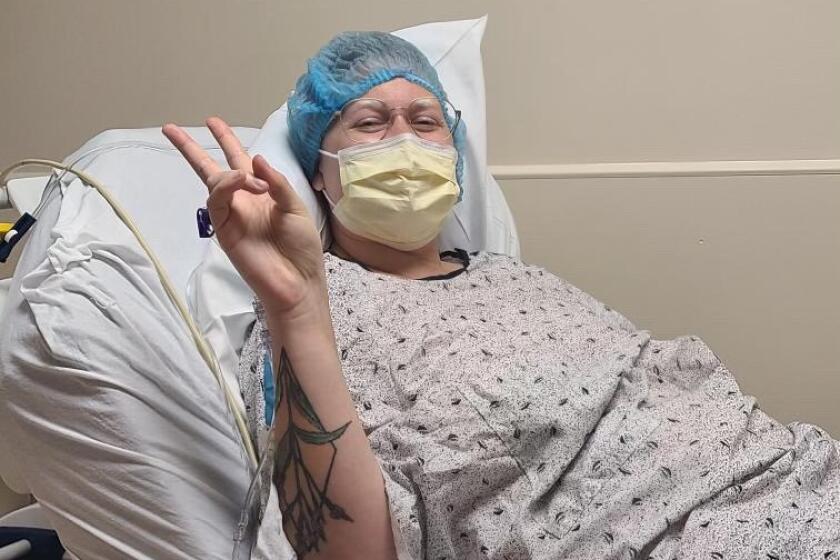OB-GYNs relieved they won’t have to travel to Texas for certifying board exams

Many OB-GYNs, including some who perform abortions, are celebrating a decision that allows them to avoid traveling to Texas for certifying board exams.
Some feared gathering en masse would make them vulnerable to violence. Others who are pregnant themselves worried about developing complications and being forced to seek care in a state with strict abortion limits.
The American Board of Obstetrics and Gynecology exams are voluntary, but certification lends respect to doctors’ credentials, indicating they graduated from an accredited medical school and passed written and oral competency exams. Some employers require the tests.
The Dallas-based board had held virtual exams during the pandemic but planned to have the upcoming fall oral exams in-person. The board announced a reversal last week, saying the exams would be virtual.
Women across the country are seeking out sterilization after the U.S. Supreme Court overturned Roe vs. Wade, which had guaranteed abortion access.
The decision was made “due to the increase in COVID-19 cases across the country and concerns regarding the U.S. Supreme Court opinion” last month that overturned the landmark Roe vs. Wade decision legalizing abortion, the board said.
The switch came after many OB-GYNs — including some taking the tests and others administering the exams — objected to traveling to Texas.
“They’re scared. They have nothing to lose but their own personal safety,” said Dr. Jocelyn Fitzgerald, a Pennsylvania OB-GYN who signed a petition against in-person exams.
Antiabortion and other conservative policies are driving students and high-paid professionals away from red states.
The three-hour exams test skills, knowledge and ability to treat different conditions.
Doctors can start the certification process in their fourth year of medical residency training.
The examiners also review cases related to patients whom doctors have treated during the last year, the board website says.
Fitzgerald, who has taken board exams in person and virtually, said the setup for both is similar and she could see no advantage to an in-person exam.
The board did not return calls and emails requesting comment.








